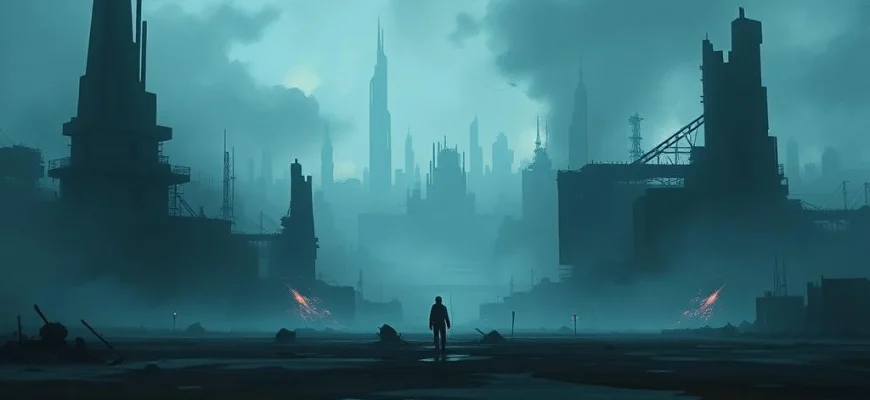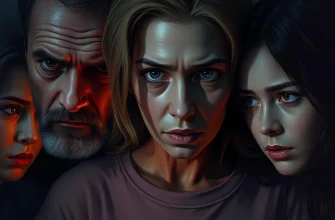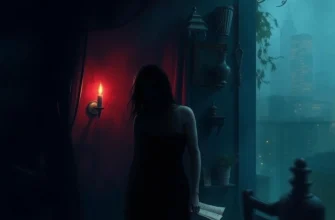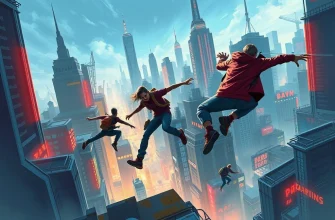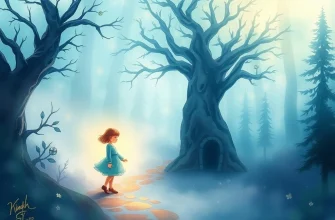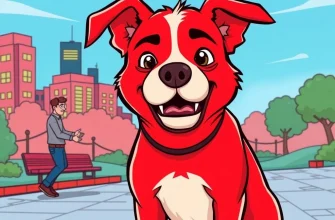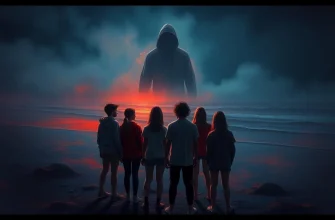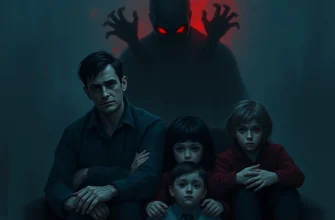Ben je fan van de obscure dystopische klassieker 'Der Rattengott' uit 1976 en op zoek naar soortgelijke films of series? Dit artikel belicht 10 titels die dezelfde unieke sfeer, thema's of visuele stijl delen. Of je nu houdt van surrealistische allegorieën of grimmige maatschappijkritiek, hier vind je gegarandeerd nieuwe favorieten.

The Blood of a Poet (1932)
Beschreibung: An avant-garde exploration of artistic creation and the subconscious, filled with dreamlike and symbolic imagery.
Fakt: This was the first part of Jean Cocteau's 'Orphic Trilogy,' which also includes 'Orpheus.'
 Jetzt ansehen
Jetzt ansehen

Orpheus (1950)
Beschreibung: A poetic and surreal retelling of the Orpheus myth, blending reality with the supernatural in a visually striking manner.
Fakt: The film features mirrors as a central motif, symbolizing the boundary between life and death.
 Jetzt ansehen
Jetzt ansehen

The Exterminating Angel (1962)
Beschreibung: A surreal allegory about societal breakdown and human irrationality, where guests at a dinner party find themselves unable to leave.
Fakt: Luis Buñuel reused the same premise in his later film 'The Discreet Charm of the Bourgeoisie.'
 Jetzt ansehen
Jetzt ansehen

The Trial (1962)
Beschreibung: A nightmarish depiction of bureaucracy and existential dread, with a protagonist trapped in an absurd and incomprehensible system.
Fakt: Orson Welles considered this his best film, despite its mixed reception upon release.
 Jetzt ansehen
Jetzt ansehen
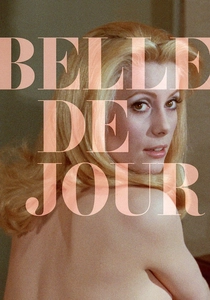
Belle de Jour (1967)
Beschreibung: Blurs the boundaries between fantasy and reality, exploring repressed desires and the duality of identity.
Fakt: Catherine Deneuve's performance in the film is often cited as one of the greatest in cinema history.
 Jetzt ansehen
Jetzt ansehen

The Discreet Charm of the Bourgeoisie (1972)
Beschreibung: A satirical and surreal take on the absurdities of the upper class, filled with dreamlike sequences and social critique.
Fakt: The film won the Academy Award for Best Foreign Language Film in
 Jetzt ansehen
Jetzt ansehen

The Phantom of Liberty (1974)
Beschreibung: A non-linear narrative that subverts conventional storytelling, presenting a series of bizarre and interconnected vignettes.
Fakt: The film's title is derived from a line in Karl Marx's 'The Communist Manifesto.'
 Jetzt ansehen
Jetzt ansehen
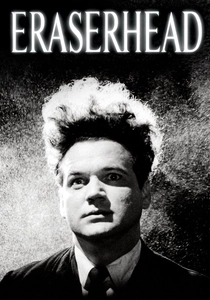
Eraserhead (1977)
Beschreibung: A surreal and disturbing exploration of alienation, fatherhood, and industrial decay, filled with unsettling imagery.
Fakt: David Lynch worked on the film for five years, often running out of money and shooting scenes piece by piece.
 Jetzt ansehen
Jetzt ansehen

The Tenant (1976)
Beschreibung: Explores themes of paranoia, identity crisis, and surrealism, often blurring the lines between reality and hallucination.
Fakt: The film was shot in the same apartment building where Roman Polanski lived during his early years in Paris.
 Jetzt ansehen
Jetzt ansehen
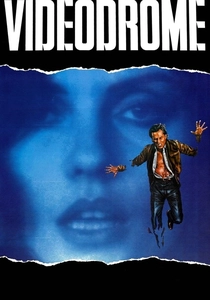
Videodrome (1983)
Beschreibung: Delves into the merging of human consciousness with technology, creating a hallucinatory and grotesque vision of media consumption.
Fakt: The film's special effects were so graphic that it was heavily censored in several countries upon release.
 Jetzt ansehen
Jetzt ansehen

